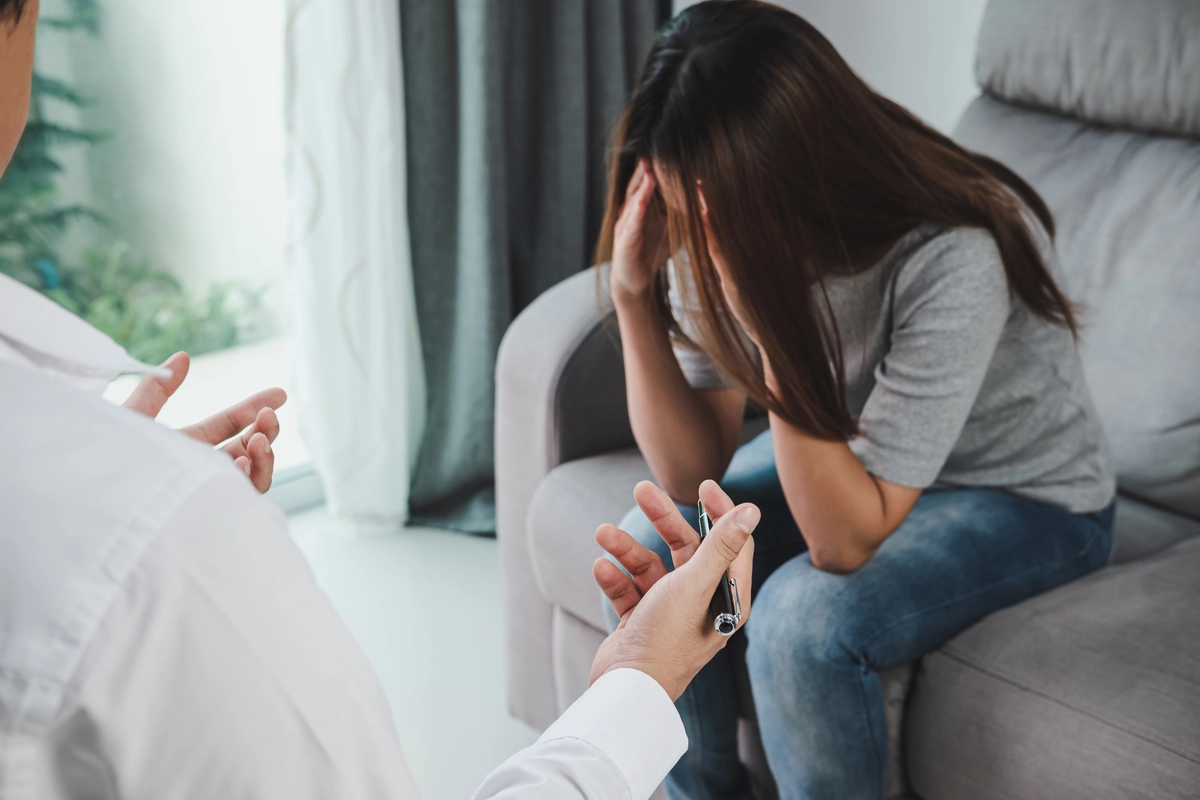24/7 Helpline:
(866) 899-221924/7 Helpline:
(866) 899-2219
Learn more about PTSD Rehab centers in Webster County
PTSD Rehab in Other Counties

Other Insurance Options

Private insurance

Excellus

Access to Recovery (ATR) Voucher

Humana

Magellan Health

Providence

GEHA

Coventry Health Care

Holman Group

Molina Healthcare

American Behavioral

Absolute Total Care

Health Net

Amerigroup

Aetna

WellPoint

MVP Healthcare

MHNNet Behavioral Health

Group Health Incorporated

EmblemHealth































































